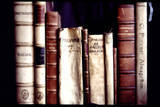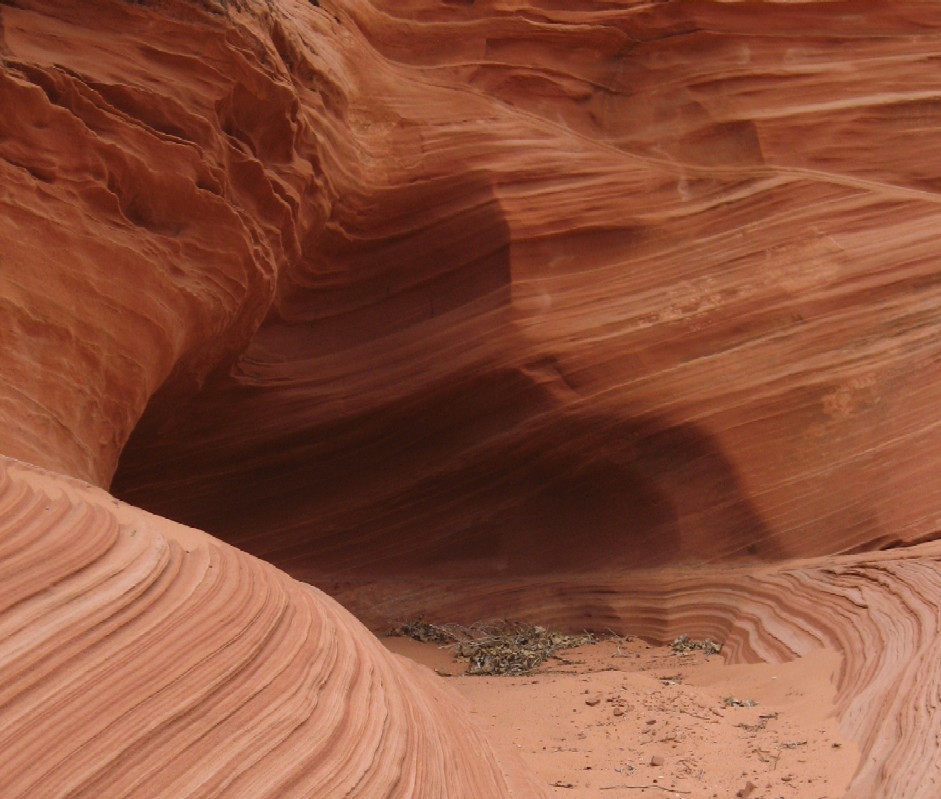 Islands are emerging from the ice that have never been mapped or claimed. Recent shrill pronunciations of owning the North Pole's Arctic Seabed emanated from the highest levels in Canada, Russia, Denmark and the US. A French oil company, Total, is putting its resources in the Arctic to map the oil and natural gas fields. The United Nations is the referee in the match.
Islands are emerging from the ice that have never been mapped or claimed. Recent shrill pronunciations of owning the North Pole's Arctic Seabed emanated from the highest levels in Canada, Russia, Denmark and the US. A French oil company, Total, is putting its resources in the Arctic to map the oil and natural gas fields. The United Nations is the referee in the match.Norway has extended an invitation for the policy makers in the US to come see the ice dissolve for themselves. US Congressional members are making Greenland the new "in" ice junket. Speaker Nancy Pelosi was recently in Greenland. It is turning into a tourist location which does not preserve the environment. Norway claims tours offered by Russia are the epitome of destructive environmental practices.
Companies are also bringing people in to see the effect of the glaciers melting. The issue is what to do after powerful, rich and policy making people visit as tourists. Melting occurs during the summer is referred to as "melt season". Knowing that the projections are for the arctic ice to be gone by 2100, (some say by the middle of this century or even 2030), many are rushing to see the glacier remnants and the new archipelago during the "season". Extreme surfers are now surfing after a chunk of ice drops into the Arctic Ocean creating monster waves.U.S. senators Hillary Clinton and John McCain, among contenders to take over from President George W. Bush in 2009, visited in 2004. Since then Nordic prime ministers, tourists, climate students and Arctic researchers are coming too.
Tourists, many on cruise ships, spent a total of 70,000 nights in the islands last year, up from almost zero 20 years ago. Bergstrom said tourists were rich, and so could be influential when they returned home. (emphasis mine)
Earth Under Fire: How Global Warming is Changing the World by Gary Braasch is due for publication in October of 2007. It chronicles the effects of global warming on areas rarely traveled all over Earth.







No comments:
Post a Comment